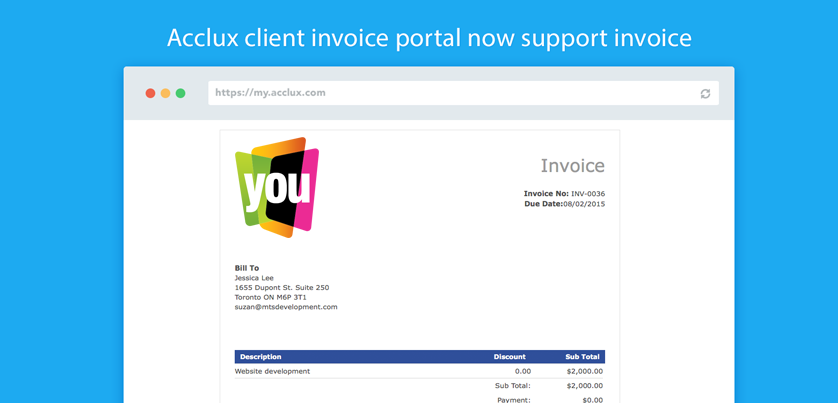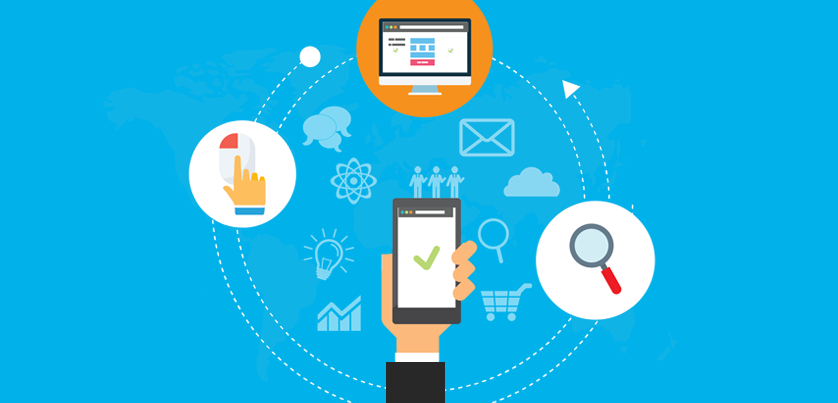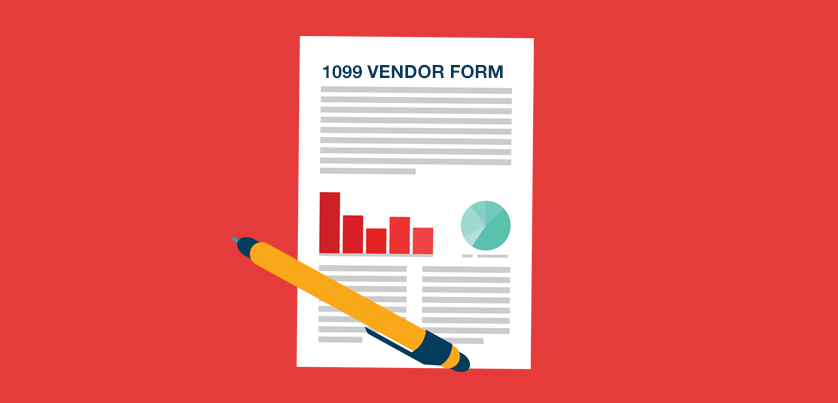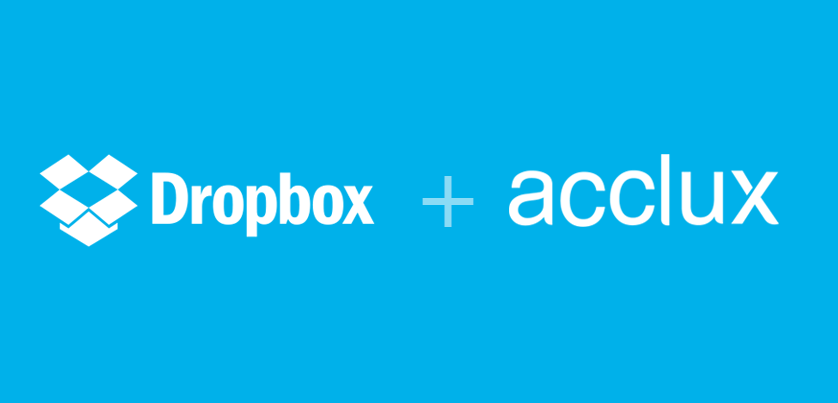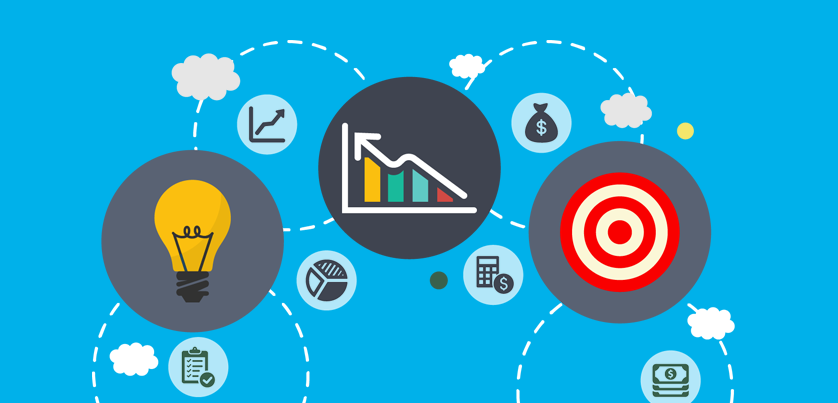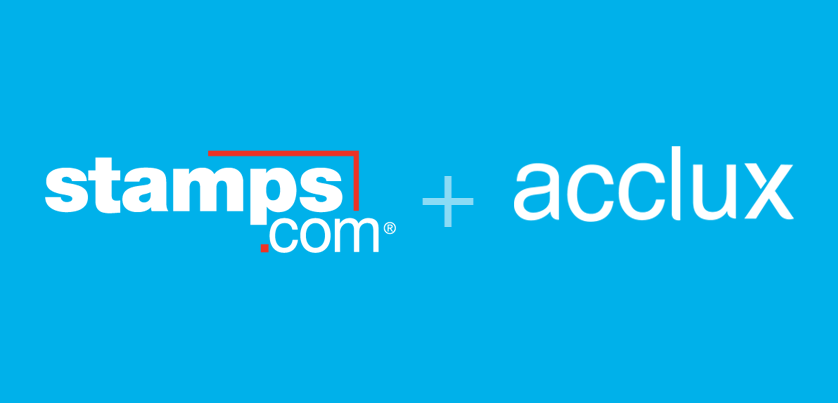Financial budgeting and planning 101: Getting Started (Part 2)
|
|
Tweet |
|
July 29 , 2015
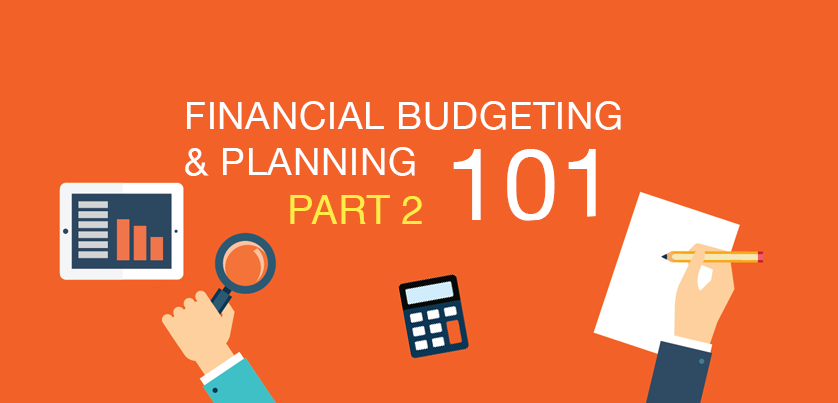
This is the second in a series of blog posts about Financial budgeting and planning 101: Getting Started.
IN the first post (Part 1), we discussed what’s budgeting and all the benefits related to the financial planning as we are going forward.
Some Preliminary steps
Length of the budget period, before creating a budget, we will need to decide the period of time that the budget need to be developed over. The budget period is not necessarily one year in length and it may be prepared for any period time.
Sales forecast, logically we should start by the sales forecast when developing our budget as all the other types of expenses depend on the sales estimate. While some expenses could have a direct relationship on influencing the amount of sales, company policies could also affect the sales volume too, therefore, it represents management best estimate of sales revenue over a specific period of time. These types of plans will inspire management to a higher level of performance that leads to thinking about the future and seeking the reasons for better company sales and achievements.
Expense forecast, Predicating expenses will be much easier if we understood the expense behavior patterns. It is possible to classify expenses while generating the budget into three categories fixed, variable and semi-variable.
- A fixed expense is the one that does not change with changes in volume and they remains the same within the “relevant range”. Rent and salaries as an example that could be classified as a fixed cost as they remain the same within the range of requirements determined by the volume and capacity.
- A variable expense on the other hand is the one that changes correspondingly to the volume. Advertising is an example of a variable expense. Research and development could also consider a variable expense.
- A semi-variable expense is the one that shares both fixed and variable behaviors. Think of it when you pay your salespeople. There are a fixed salary and commissions based on sales.
Preparing the Budget
Budgeting is more of a managerial tool than accounting tool. However, the budgeting process uses the company accounting system and it requires to understand the nature of revenue and expenses in order to generate an achievable budget. Using the company financial records. Businesses can obtain historical data that can be useful in formulating future budget goals.
Well, we can use this free budget template to prepare the financial budget, however, we will use acclux accounting budgeting capability for several reasons. First, it will help us to automate the entire accounting and management planning into one place so. We can save time and effort later while we are preparing for the reports. Second Acclux accounting on the cloud this will increase collaboration and team communication between the team members and will enable us to get reviews from remote accountant and advisors too. Finally, the real-time capability will ensure we can always evaluate performance on a regular basis.
To be continued... Stay tuned to our blog for part 3 of Financial budgeting and planning 101 series.
Related Articles
Financial budgeting and planning 101: Getting Started (Part 1)
Capital budgeting decisions: 2 tips for leaders
How to turn your expenses into revenue for professional service organizations?
Share this article
|
|
Tweet |
|
Articel Tags
small business business growth



